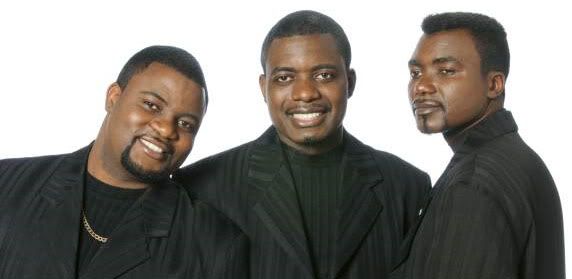 At fellowship, we had a discussion about ethics. As the discussion turned to concrete examples, someone brought up abortion. They were of the opinion that it is impermissible for people to justify abortion by reason of their child carrying a genetic mutation.
At fellowship, we had a discussion about ethics. As the discussion turned to concrete examples, someone brought up abortion. They were of the opinion that it is impermissible for people to justify abortion by reason of their child carrying a genetic mutation.His argument was essentially this: Society may find it permissible to terminate a pregnancy where the child is carrying Down Syndrome. However, society does not find it permissible to terminate a pregnancy because the child is a girl. Down Syndrome (trisomy 21) is simply the presence of an extra chromosome. Female gender (XX) is also genetically determined. If it is not permissible to terminate the latter, then our rules should be robust enough so as not to permit the former.
Now let me begin by reiterating that I do not support abortion. I personally am against it and would not participate in it myself. That said, the aforementioned argument is flawed a number of levels. First of all, Down Syndrome and female gender are not comparable. One is a healthy and natural outcome and the other is a disorder with defined pathology. Even intuitively, we can detect there is a flaw in this logic, though we may not be able to define it immediately.
Second of all, in two different circumstances the same reason can be given, and yet the outcome may be different. There are absolute rules, yes. But not all rules are that robust, nor need they be. For instance, a poor person who tithes 10% of their income may be choosing between eating and not eating. A rich person who tithes 10% may not be sacrificing anything, though their 10% is greater in magnitude. Though the "rules" state 10% is the correct amount to tithe, God values the former rather than the latter. Thus, the rule does not apply universally, it is the principle of sacrifice behind the rule that is of value.
LUKE 21 (ESV)The Widow’s Offering1Jesus looked up and saw the rich putting their gifts into the offering box, 2and he saw a poor widow put in two small copper coins. 3And he said,
"Truly, I tell you, this poor widow has put in more than all of them. 4For they all contributed out of their abundance, but she out of her poverty put in all she had to live on."
MATTHEW 23 (NLT)
23 “What sorrow awaits you teachers of religious law and you Pharisees. Hypocrites! For you are careful to tithe even the tiniest income from your herb gardens, but you ignore the more important aspects of the law—justice, mercy, and faith
Indeed, a huge emphasis in the New Testament is not on the law itself, but rather, on the principles behind the law.
Upon hearing this, another member of the fellowship spoke up, and said something that strongly challenged and convicted me. They began by agreeing that they too felt that principle was the emphasis of the message. However, these principles are way too huge for us to tackle on our own. Indeed, for this reason it is key that we strive to be in constant communion with God.
For me, this was a much needed reminder. It is such a simple and basic principle of living by faith - to live by the guidance of the Spirit, God's counsellor to man. Yet how often had I used my deductive skills to justify actions. More importantly, how often do I ask God what he wants me to do in a particular situation?
1 CORINTHIANS 3 (ESV)
18Let no one deceive himself. If anyone among you thinks that he is wise in this age, let him become a fool that he may become wise. 19For the wisdom of this world is folly with God. For it is written, "He catches the wise in their craftiness," 20and again, "The Lord knows the thoughts of the wise, that they are futile." 21So let no one boast in men.
JOHN 14 (ESV)
25"These things I have spoken to you while I am still with you. 26But the Helper, the Holy Spirit, whom the Father will send in my name, he will teach you all things and bring to your remembrance all that I have said to you." PROVERBS 3 (ESV)
5Trust in the LORD with all your heart,
and do not lean on your own understanding.
6In all your ways acknowledge him,
and he will make straight your paths.
It's easy to forget, but oh so important. We live by principle, but that principle comes from the knowledge of God. In order to live righteously, we must seek God first and remember that not living by the law does not mean living by our own understanding.








